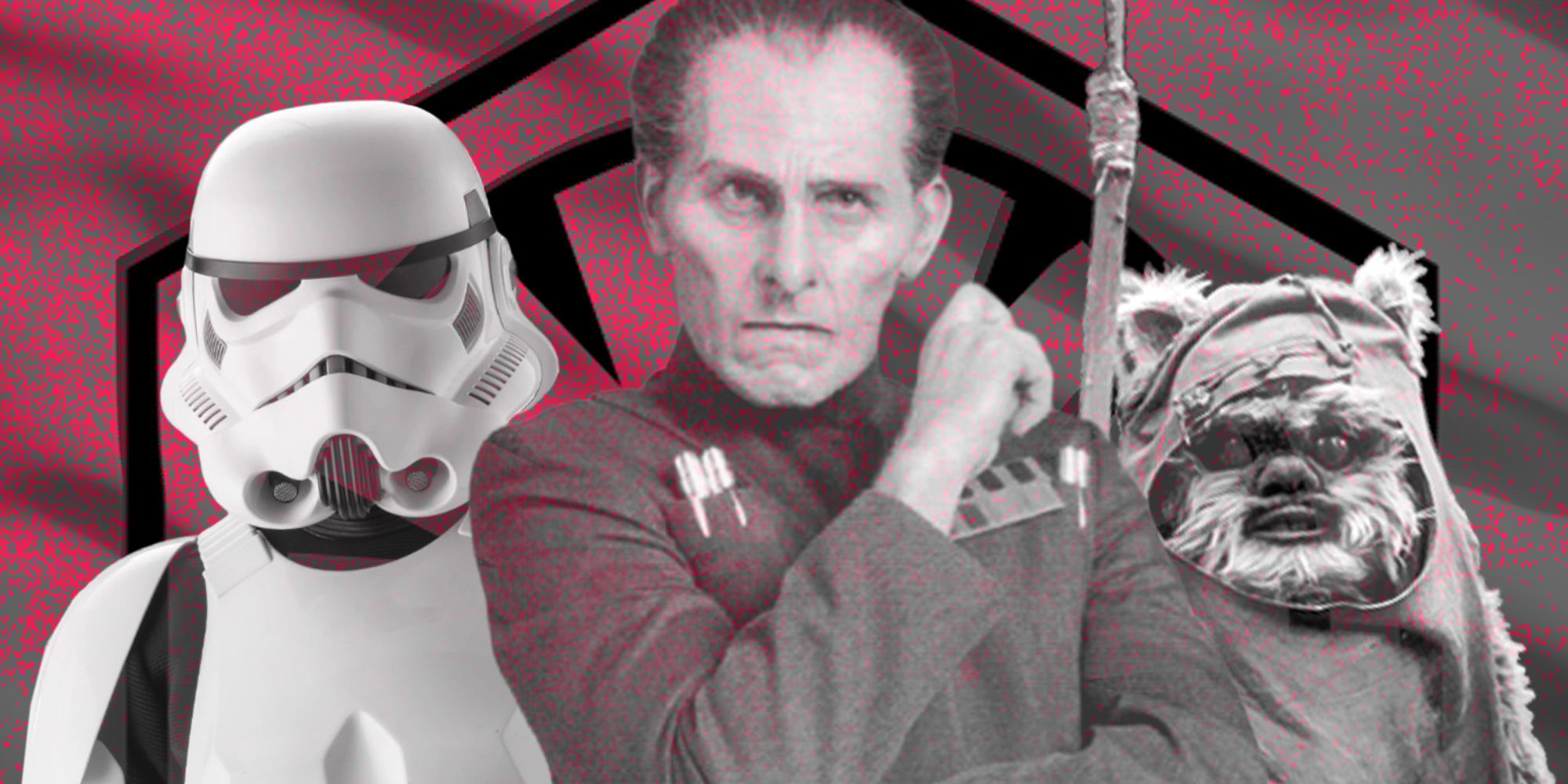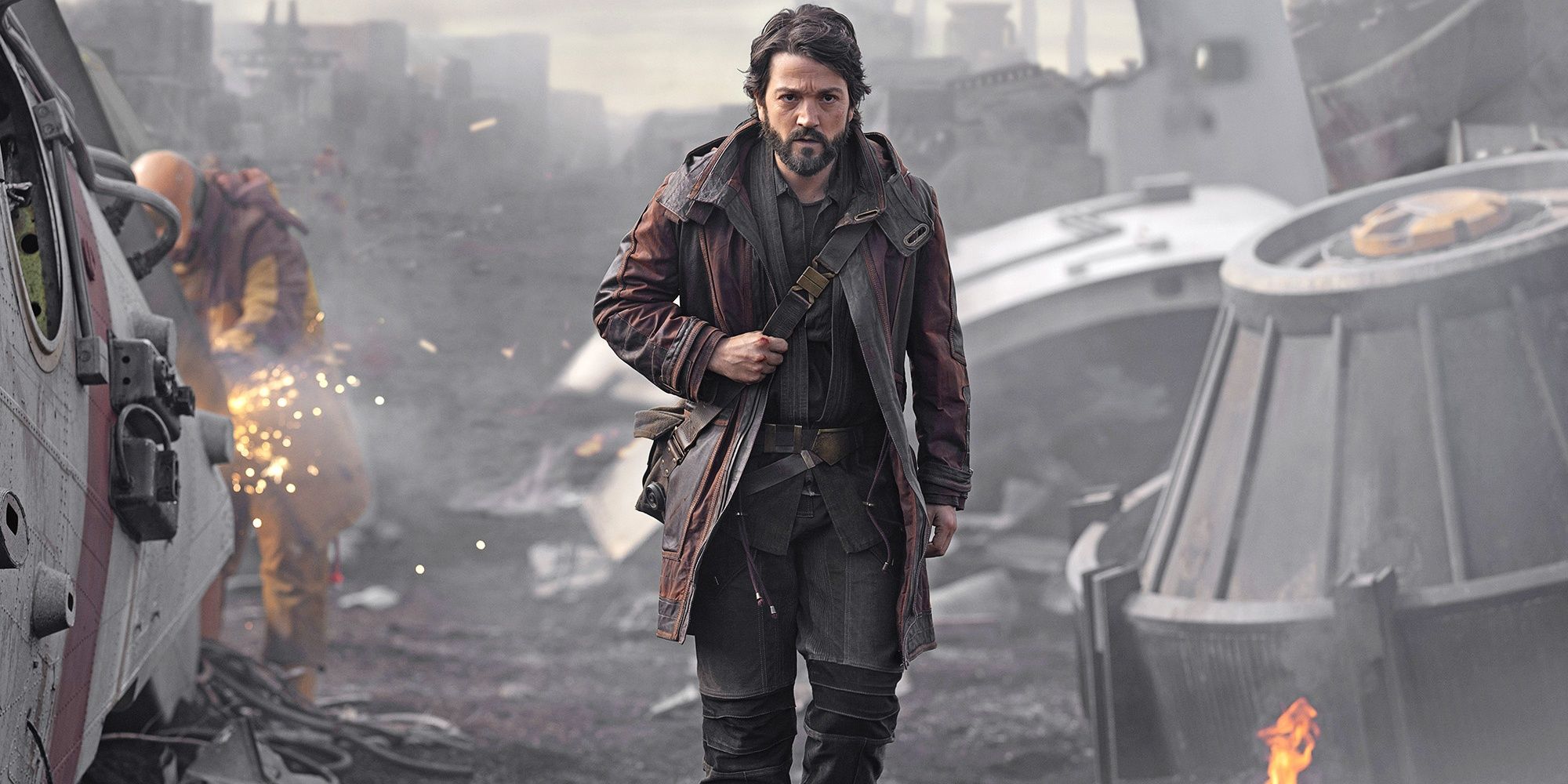Ever since first playing Star Wars: Knights of the Old Republic, I’ve been fascinated by how Star Wars engages with politics. I was far too young to remember much about my first watch of the movies, though I do remember seeing Anakin’s murderous slaughter with distinct clarity. However, I remember my first KOTOR playthrough and how obviously it was trying to make statements about social issues.
In Taris, we’re confronted with how class keeps people oppressed, with the planet’s people separated into an Upper City, Lower City and Undercity. No prizes for guessing who in Taris suffers the most. On Tatooine, you’re offered a licence you need by the Czerka Corporation rep in charge of handing them out, but only in exchange for murdering the planet’s native people. Kashyyyk is plagued with slavers exploiting the Wookies, who have been sold to the Czerka Corporation by the son of their own chieftain. Maanaan has both the Sith and Republic on their planet and suffers for it, an example of what happens when a government chooses to not pick sides in the face of oppression. The Czerka Corporation has its fingers in every illegal and immoral pie, the picture of an evil interplanetary company that chases profit at all costs.
Jedi: Fallen Order is political in its own way. Cal’s people have been murdered by an oppressive government force, indoctrinated by the Sith. We know he and other Jedi are being hunted down by Darth Vader, and the Jedi religion is being torn to pieces. There’s a clear point about the trauma instituted by oppression and hostility here, and the power of resistance. There’s no saying yet how Jedi: Survivor will fit in, but it makes sense for it to also be a David and Goliath story about challenging an oppressive authority.
And of course, there’s Andor, which is unabashedly political and anti-fascist. It tackles police brutality, the intersections of capital and oppression, even how conformity feeds into control. Fiona Shaw, a member of Andor’s cast, said the script was a take on a “Trumpian world”, and that “Our world is exploding in different places right now, people’s rights are disappearing, and Andor reflects that. [In the show] the Empire is taking over, and it feels like the same thing is happening in reality, too."
It’s no wonder that Star Wars has such an incredible capacity for social critique, since Star Wars has always had a political bend – after all, George Lucas said in 2005 that the films were really about the Vietnam war and how democracies turn into dictatorships. The Stormtroopers are named after Nazi soldiers. The political and military conflicts of the prequel films were based on the American Civil War. Count Dooku was directly based on Confederate General Robert E. Lee.
Star Wars’ is known for being one of the most comprehensive fictional universes ever created, with stories full of intrigue and adventure. While the acquisition of its IP by Disney led to plenty of fan service and mediocre storytelling, I still have hope for the franchise. With its roots so firmly in political critique, maybe Star Wars really is what we need for our politically divided times – as long as it's done well.



